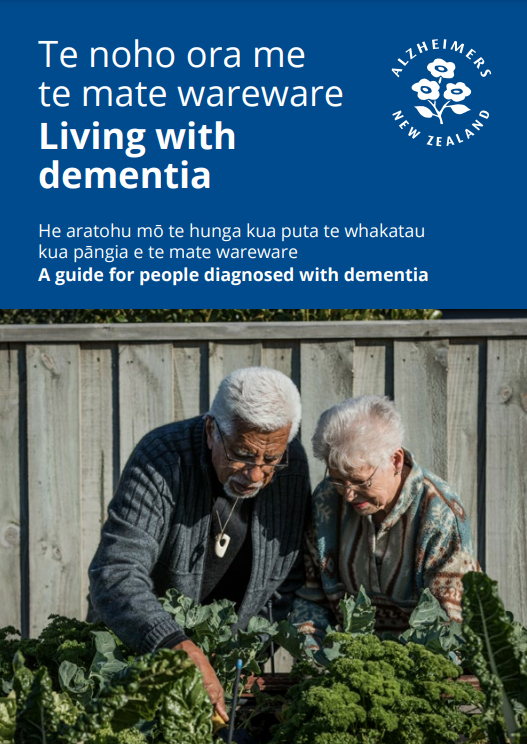Te taraiwa waka – Driving
Like working, a diagnosis of dementia doesn’t necessarily mean you need to stop driving straight away, but you will need to stop driving at some point.

Dementia can affect driving ability in a number of ways, including difficulties with:
- finding your way around
- remembering which way to turn
- judging the distance from other cars and objects
- judging the speed of other cars
- reaction time
- hand-eye coordination.
It’s best to discuss your driving with your doctor. They may refer you to an occupational therapist to do a full assessment of your capability to continue to drive safely.
It’s important to let your car insurance company know of your diagnosis to make sure you will still be covered if you continue to drive.
If you aren’t sure about your driving ability you might like to ask a friend, whānau member or local driving instructor what they think about your driving skills.
The most important thing is your safety and the safety of others.
When to stop driving
At some point you will need to stop driving. Plan ahead for this. Many people decide to give up their licence voluntarily but doctors will sometimes recommend a person should stop driving.
Some people find giving up driving very difficult. Your car may be an important part of your independence, and without it your life will change. For some people, losing the ability to drive means a loss of self-esteem and freedom. If so, you may feel angry, frustrated or upset about this change.
Others find benefits in no longer driving. They find alternatives are less stressful than driving, it can be cheaper than running a car, and there are opportunities for exercise and meeting people.
Find ways to get about by:
- asking a family member or friend to give you a lift
- using buses, trains or taxis
- walking – also good for exercise
- using home delivery services for food and medical
prescriptions.
The Total Mobility Scheme provides subsidised (half price) taxi services to people who have an impairment that prevents them from driving. There are some variations in the scheme from region to region to reflect local differences, more information is available here. Your local Alzheimers or Dementia organisation can help you to access this scheme.
For more helpful information on dementia and driving visit the New Zealand Transport Agency for its factsheet on dementia and driving. Age Concern New Zealand also offers a Life Without a Car course and booklet.
-

Booklet: Living with dementia
A guide for people diagnosed with dementia
This booklet is written for people who have been diagnosed with dementia to give you information and to help you continue to live well.
The booklet suggests ways to look after yourself including how to adjust to change and managing your day, as well as working, driving, keeping involved and active and planning for the future.

